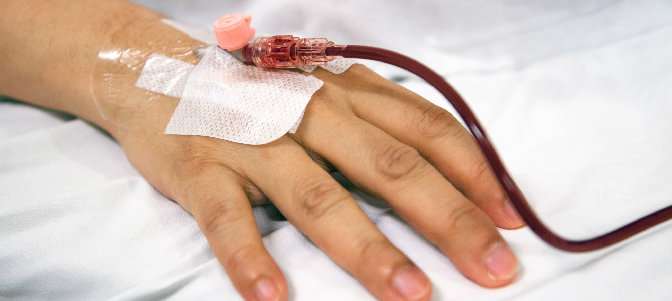
Scientists can now make Type ‘A’ blood universally compatible, Save millions of lives
 Blood donation can save lives. But when the blood groups are incompatible, transfusion isn’t always straightforward.
Blood donation can save lives. But when the blood groups are incompatible, transfusion isn’t always straightforward.
The recipients cannot make use of just any blood type. The blood groups of the donor and patient need to be compatible. For instance, people with type A can donate to those with type A and AB, and those with B to B and AB, and so on. In that way, people with type O blood are universal donors and AB are universal recipients.
India requires blood donations of at least over 12 million units a year. In 2016, we got just 10.9. Also, we don’t exactly have the best healthcare infrastructure, especially in remote villages. So when someone is in need of blood and have no viable donors among family members or friends, there’s a good chance they won’t get what they need.
But in a new study, the researchers from the National Institutes of Health’s Clinical Center in Bethesda, Maryland (US) have figured out a way to avoid some of the medical restrictions involved with blood donations. They’ve been studying bacteria in the human gut and discovered that these microbes produce two enzymes capable of converting type A blood into a more universally accepted type. Blood type is usually defined by strange sugar molecules on the surface of a person’s red blood cells called antigens. When receiving incompatible blood, these antigens can interpret it as a foreign toxin, thus mounting an attack through the immune system. Basically, the blood effectively kills itself trying to deal with this “invader.”
But type ‘O’ cells lack these antigens. The scientists believe the enzymes they’ve discovered can strip such antigens away from other blood types. They say, at least, they have an idea about how to do it for type A blood for now.
Though the new finding still requires a lot of research and experimentation, the possibility does exist. Considering that ‘A’ is the second most common blood type, after O, this trick could be revolutionary in increasing the supply of universal donor blood. This process could potentially provide life-saving blood to millions of lives regardless of what’s at hand.
Source: India Times, Ifl science.